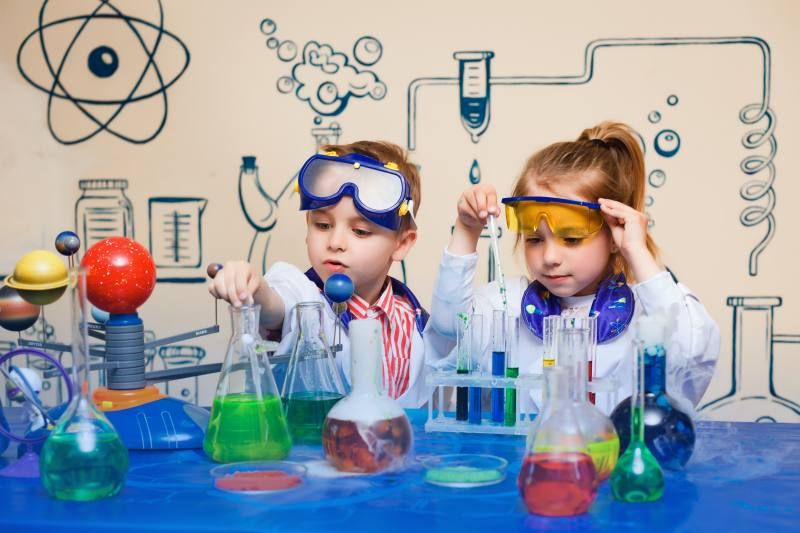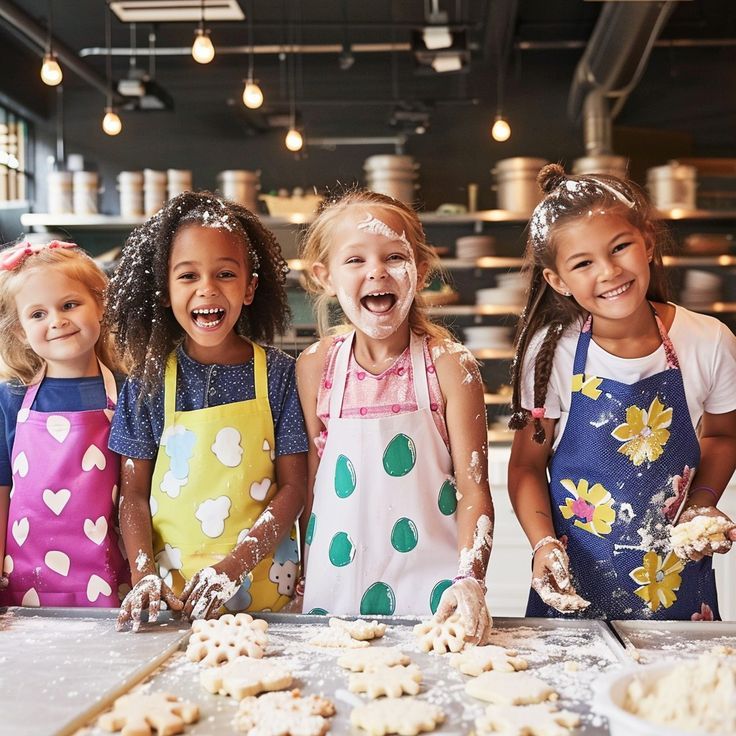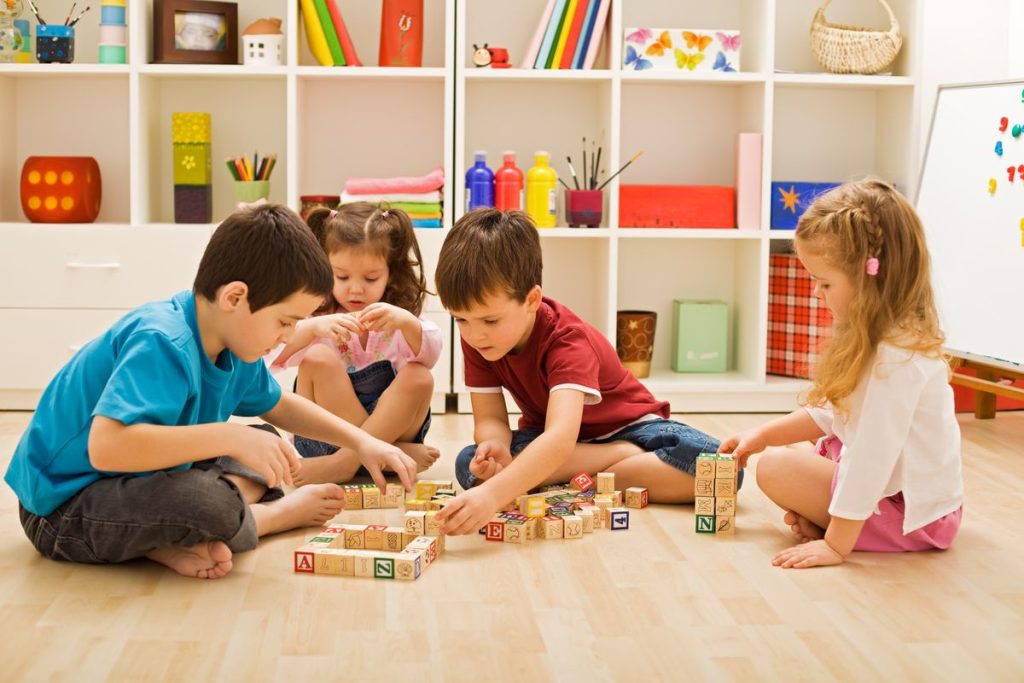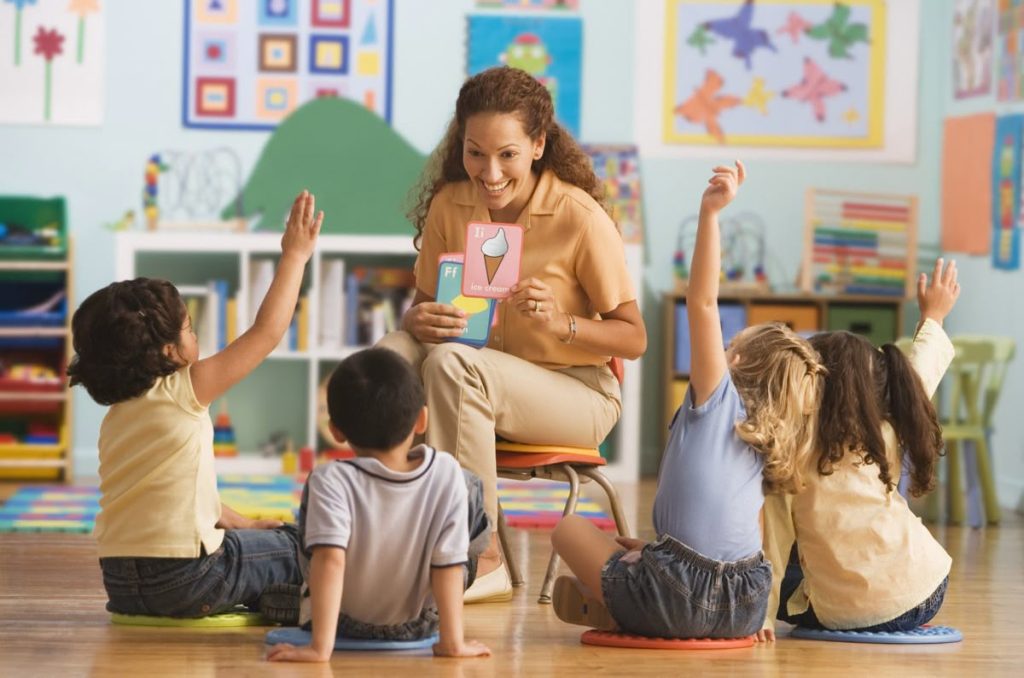In today’s world, life skills are the “golden foundation” for a child’s development. Beyond textbooks and homework, children need real-world practice to become confident, adaptable, and well-rounded.
Experiential learning for kids offers the perfect environment where they can learn by doing — a place where every hands-on activity strengthens core life skills essential for the future.
Below are five essential life skills that children gain through experiential learning:
1. Confidence & Independence — Growing Through Hands-On Experience
When children take part in real activities — kneading dough, mixing drinks, pouring chocolate, planting seeds — they become the main character in their own learning journey.
These small actions, like measuring flour, stirring, tasting, or smelling aromas, activate their senses and deepen understanding.
Hands-on experiences build true confidence.
Example:
In a chocolate-making class, children choose molds, pour melted chocolate, and decorate freely. When they proudly bring home their creation saying, “I made this myself!”, that moment plants the seed of self-belief.
Children also learn to take initiative: preparing tools, planning steps, making decisions, correcting mistakes, and taking responsibility for outcomes.
These habits lay the foundation for independence and self-confidence.

2. Teamwork & Collaboration — Learning to Work With Others
Experiential learning for kids naturally involves group activities, where children must communicate, share tasks, listen, and support one another.
They learn that everyone contributes a piece to create the final result.
Example:
In a pizza-making activity, one child kneads dough, another arranges toppings, while another prepares the tray. Through discussion, sharing, and problem-solving, children learn patience, cooperation, and respect — vital social skills for school and life.

3. Creativity & Open-Minded Thinking — Freedom to Express Ideas
Hands-on classes give children a creative stage where they can explore, imagine, and express themselves without rigid rules.
From choosing ingredients and mixing colors to decorating and presenting their work, children are free to design according to their imagination.
Example:
In a cupcake-decorating session, one child creates a flower garden, another builds a “mini castle,” while another turns their cupcake into a tiny birthday celebration.
This freedom encourages kids to:
-
Think outside the box
-
Try new ideas
-
Embrace mistakes
-
Solve problems creatively
An essential skillset for a rapidly changing world.

4. Patience & Problem-Solving — Learning to Stay Calm and Adjust
Not every result is perfect the first time — and that’s the gift of experiential learning for kids.
If the gelato texture is not smooth enough or the cake doesn’t rise properly, children must observe, reflect, and adjust.
Example:
A child may realize they added too much sugar or didn’t mix long enough. Instead of giving up, they explore the cause, make adjustments, and try again.
This builds:
-
Patience
-
Emotional control
-
Logical thinking
-
Solution-oriented mindset
All crucial life skills for personal growth.

5. Early Career Awareness — Discovering Talents and Future Interests
Experiential learning introduces children to real working processes: baking, mixology, gardening, chocolate making, and more.
This exposure helps them discover personal strengths and passions early.
Example:
A child who loves decorating cakes may show aptitude for pastry arts.
A child who enjoys measuring liquids may be drawn to culinary science.
A child fascinated with plants may be suited for agriculture or sustainability.
Parents also gain valuable insight into their child’s natural abilities and can support future-oriented development.

⭐ Invest in Life Skills, Invest in the Future
The life skills gained through experiential learning for kids shape confident, capable, and adaptable young individuals.
If you’re looking for a safe, modern, engaging environment led by passionate FnB experts, TIM Corp – FnB Experience Center is an ideal choice.
📍 Address: D20/530A Trịnh Quang Nghị, Bình Hưng, HCMC
📞 Hotline: 0909 785 367
📧 Email: [email protected]
Give your child the chance to grow through real experiences — and become braver, stronger, and more confident every day.
